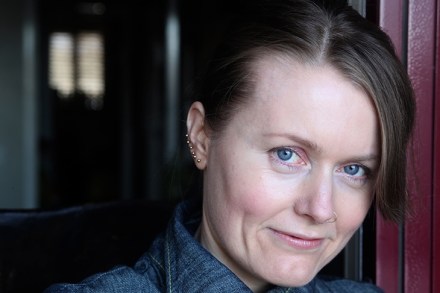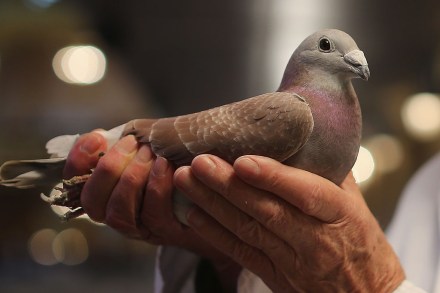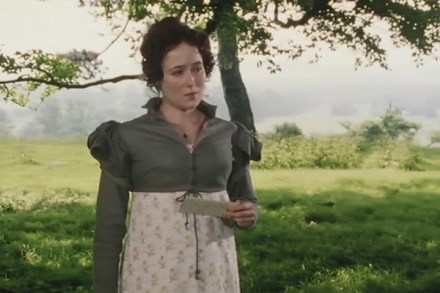Bold venture
In 2017’s Goldsmiths Prize-winning novel H(A)PPY, Nicola Barker strewed pages with multicoloured text. The Cauliflower, her joyful previous offering, employed winky-face emoticons while telling the story of a 19th-century Hindu mystic. In her 13th novel I Am Sovereign, huge fonts careen, in the space of an exclamation, into tiny fonts. Bold and underlined text prickles on the page. Barker has many ways of presenting what one of her characters, an estate agent from Llandudno called Avigail, describes as ‘BASTARD WORDS’. And these bastard words are all that the novel’s three protagonists have when trying to distract themselves from their doubts, or break free from what is holding them back. Charles





















